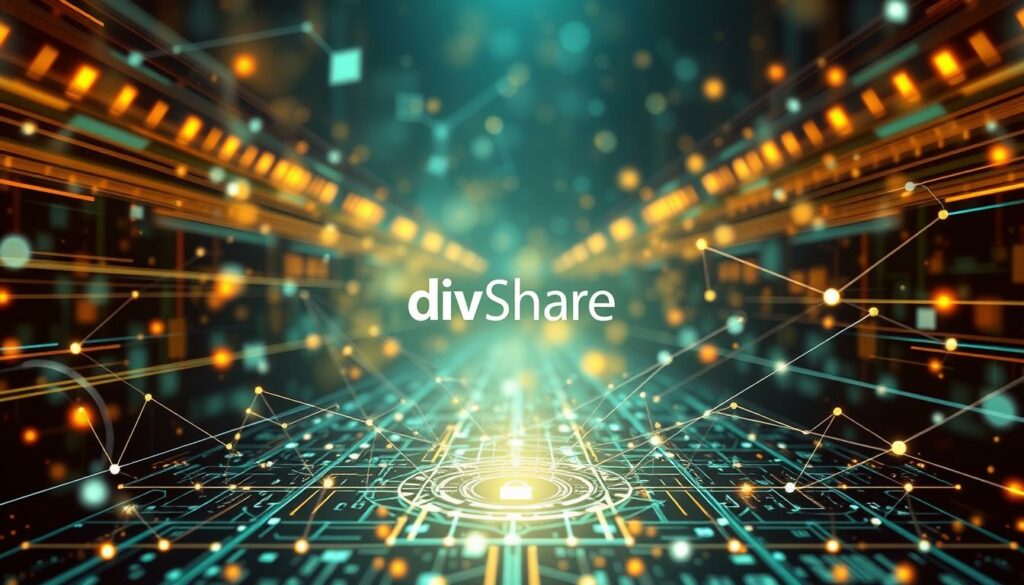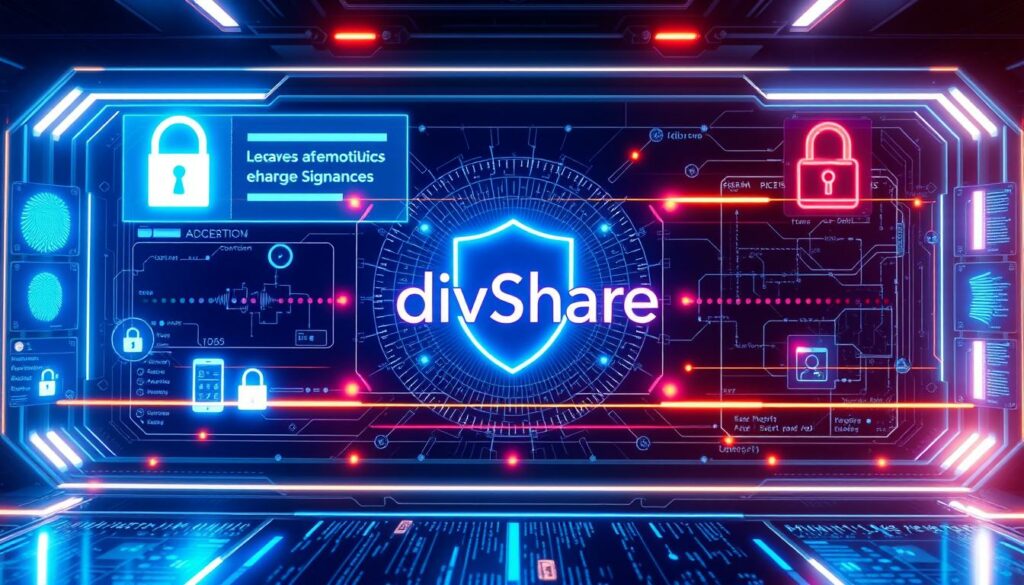What Is an Electronic Signature? Is It Legal?
An electronic signature, or e-signature, is a digital way to sign documents, allowing individuals to sign contracts, agreements, and other paperwork without needing physical paperwork or a pen. With the rise of remote work and online transactions, e-signatures have become increasingly popular for their convenience and efficiency. But are they legally binding?
In most countries, the law recognizes electronic signatures as legally valid, provided they meet certain security and authenticity criteria. Let’s explore what constitutes an e-signature, its legality, and the various ways it can simplify document signing.

Understanding Electronic Signatures
Electronic signatures change how we sign documents in today’s digital world. A virtual signature is like a digital version of a handwritten signature. It shows that someone has agreed or approved something. The U.S. ESIGN Act says an electronic signature is “an electronic sound, symbol, or process, attached to or logically associated with a record and executed by a person with the intent to sign.”
You can create paperless signatures in many ways. You might click a button, type your name, or use your finger on a mobile device. Some fields use special e-signature software that follows certain rules. For example, DocuSign meets CFR Part 11 and EU eIDAS standards.
The rules about electronic signing differ around the world. In the U.S., the ESIGN Act and UETA make e-signatures legal in most situations. The EU has its own rules, with different levels of e-signatures. This has helped make virtual signatures common in many industries.

The Legal Framework for E-Signatures
Thanks to two laws, e-signatures are now legally valid in the United States. The ESIGN Act of 2000 set a national standard for electronic signatures and made them legally binding everywhere in the country.
The Uniform Electronic Transactions Act (UETA) guides states on e-signature validity. Currently, 49 states follow UETA, with New York being the only exception.
These laws state that electronic signatures are as valid as handwritten ones if they meet certain conditions. For an e-signature to be valid, the signer must clearly intend to sign. The ESIGN Act and UETA have made e-signatures widely accepted in many fields. E-signatures bring benefits like convenience, better document management, and less paper.
Even though e-signatures are mostly valid in the US, some documents still need traditional signatures. This includes wills, trusts, and certain court orders in some places. It’s important to know the specific rules for your industry and location to follow e-signature laws.
Benefits of Using Electronic Signatures
Electronic signatures make businesses more efficient. They reduce the need for paper and storage. This saves time and money, making operations cheaper.
E-signatures also improve security. They use encryption and can track who signed what and when. This helps solve disputes and follows the rules.
More companies are using e-signatures. A survey found that 89% of businesses are moving faster to digital. E-signatures help with data security and remote.
Businesses using e-signatures see big benefits. They close documents faster and save on costs. E-signatures also help the environment by saving trees and reducing carbon emissions.

Industries Adopting E-Signatures
E-signatures have changed how businesses work in many areas. People use electronic signatures in real estate to buy homes and sign loan papers. Government agencies use them for housing and business licenses.
Non-profits make joining and giving easier with e-signatures. Healthcare uses them for patient records and consent forms, following HIPAA rules. Retailers speed up with e-signatures on invoices and quotes.
Schools use e-signatures for admissions and tuition payments. Banks and financial firms use them to open accounts and make loans. Insurance companies use them to facilitate policy and claim submissions.
The legal field uses e-signatures for contracts and court papers, keeping things private and quick. Tech companies rely on them for licensing and secrecy agreements. In the EU, the eIDAS regulation helps businesses use electronic signatures more.

Security Measures in E-Signature Processes
E-signature platforms use strong security to keep documents safe. Digital encryption is key in protecting sensitive info. It makes data unreadable to those who shouldn’t see it.
The ESIGN Act and UETA in the U.S. make sure e-signatures are legal. They set the standards for secure e-signatures.
Authentication is also vital in e-signature security. Many platforms use multi-factor authentication to check who’s signing. This can be one-time passcodes or facial recognition.
A detailed audit trail is crucial in e-signature processes. It records every action on the document, like viewing or signing. It captures IP addresses and timestamps. This creates a Certificate of Completion, proving the signing event. E-signature solutions keep this data safe, making the signature more legal.
Implementing E-Signatures in Business Practices
Using electronic signatures in business is a smart choice. It helps companies work more efficiently. With 85% of AstraZeneca’s deals done in under a day, the benefits are obvious.
Businesses need to pick e-signature platforms that follow laws like the ESIGN Act and UETA in the USA. These laws help make electronic signatures legal in many fields. It’s important to have clear rules for using e-signatures and to train staff well.
When starting with e-signatures, think about what your industry needs. They’re useful for everything from sales contracts to health records. This technology can save money and make work faster. The right system should be secure and keep records well.
No matter which type you use, e-signatures are changing how we do business. They’re making things quicker, easier, and more eco-friendly. File sharing platforms often incorporate e-signature features, making document collaboration and signing a breeze.
The Evolution of Document Signing: Embracing the Digital Future
Electronic signatures have become a cornerstone of modern business, providing a secure, efficient, and environmentally friendly way to handle documents. The legal framework established by the ESIGN Act and UETA has allowed e-signatures to become widely accepted in the U.S. and beyond. This has transformed industries ranging from real estate to healthcare.
As more companies and individuals embrace e-signatures, this technology continues to evolve, offering even greater convenience, security, and sustainability. Embracing e-signatures not only simplifies document management but also reflects the shift toward a fully digital future.
Looking to simplify and secure your document signing process? With DivShare, you can store and share your signed files in one safe place, making it easy to manage all your electronic signatures in a secure, accessible platform. Sign up today and start organizing your digital documents with confidence!